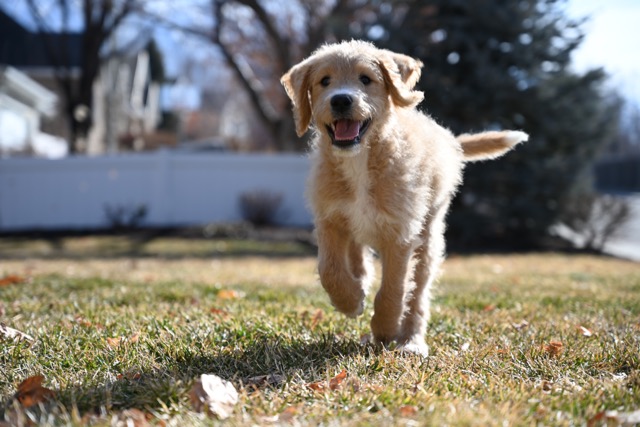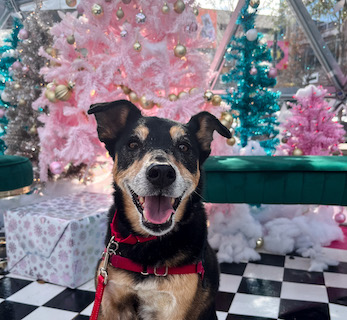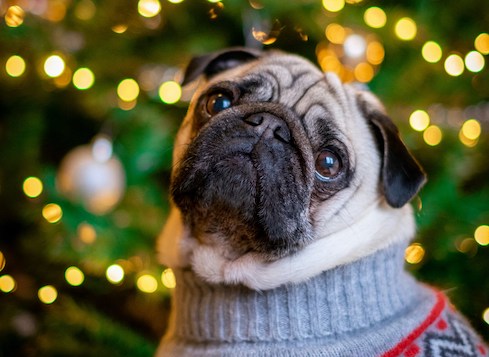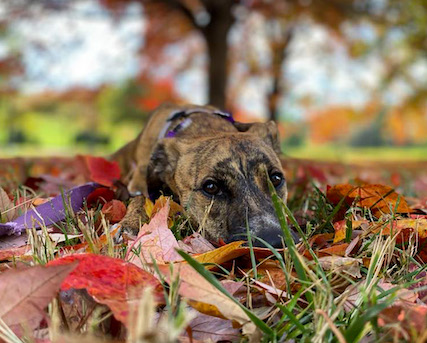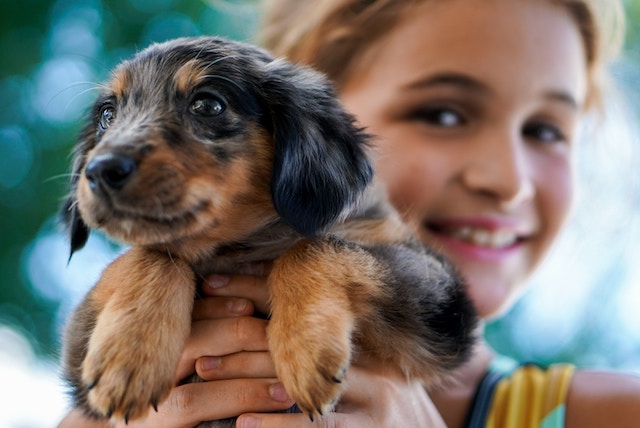Now that your new puppy is home, the important question arises about when to start training. As a new puppy owner, the answer can be confusing when the local pet store offers puppy classes right away, your vet tells you not to take your puppy outside until they’re fully vaccinated, and maybe your breeder or adoption center tells you something completely different. Below, we will break down achievable puppy training goals by their age.
First, we want puppy owners to know that socialization should be the number one priority of any training at any of the below ages. A dog can learn “sit” as an adult, but there’s no substitute for early socialization. It’s even more important if your puppy shows any nervousness or aversive behavior in new environments or with new people or dogs.
For further information on how to socialize your puppy check out our blog, “Puppy Socialization: What, Why, When, and How”.
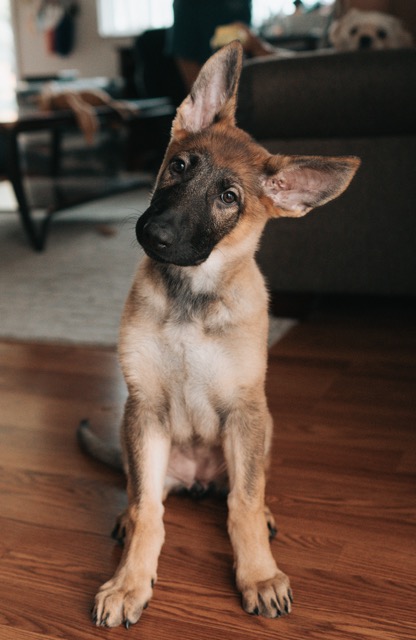
0-8 Weeks
Your puppy is still probably at home with their mom and littermates. A puppy learns things like bite inhibition, communication skills, exploration, and confidence. When adopting a puppy from a less fortunate circumstance prior to 8 weeks, the main goal would be socialization in what is considered the Sensitive Period (between 5-12 weeks). Housebreaking and crate training may also be started at this time.
8-10 Weeks
The most typical time a puppy is brought home. You should have a plan in place for crate training, housebreaking, and appropriate toy play. Basic manners like sitting for attention, acclimating to a leash, and recognizing their name could be started at this time.
10-14 Weeks
Puppies have a little more energy and personality at this age. If you’ve just picked up your puppy, follow the same goals as 8-10 Weeks. If you’ve already been working through puppy manners and are ready for more, we recommend introducing leash walking, body handling (see our article on preparing for vet and grooming visits), preventative resource guarding, and the formal “come” command.
14-20 Weeks
Most puppies are fully vaccinated at this age, which means it’s time for socializing in all those environments that you couldn’t go to before. Start exploring local parks and trails with your new best friend. A puppy’s attention span is also much longer at this age and can start formal obedience training.
5-7 Months
Your puppy may begin looking and acting like a teenager at this point. Most of the puppy manners like housebreaking or excessive chewing should be coming to an end. Socialization and obedience training in public should be the focus at this age.
7-12 Months
Your puppy is almost one year old, a puppy no more! High-level obedience in public should be developed. If there are any gaps in socialization, focus on building positive associations in those difficult situations.
When to seek professional help
It’s always a good idea to have support when bringing home a puppy because having a puppy is hard! Many of our clients prefer to have a one-hour session PRIOR to bringing home their new puppy, so they can have a plan in place for their shopping supplies list, puppy housebreaking, socialization, and other puppy manners.
After your puppy is brought home, we recommend individual sessions with the owner and the puppy about once a week to help support the continued puppy behaviors and manners.
Wait to do any formal obedience training until 14 weeks old. If you are interested in professional dog training for your puppy, the puppy needs to be able to hold their attention for one hour.
When socializing in new places, with new people or new animals, make sure to continue looking for any avoidance or aggressive behavior (stiffening, backing away, ducking their head, growling, snapping, etc.). Remember it’s important to build positive associations when socializing. It’s especially important to address the issue while the puppy is still young! Contact us if you are seeing any of these behaviors.
Of course, you don’t have to hire a professional or enroll in private training to help train your puppy. You can find great puppy training resources online, like our training videos here. If you decide to hire a professional, although an initial investment, we hope it helps you enjoy your puppy well into their adulthood and beyond.
